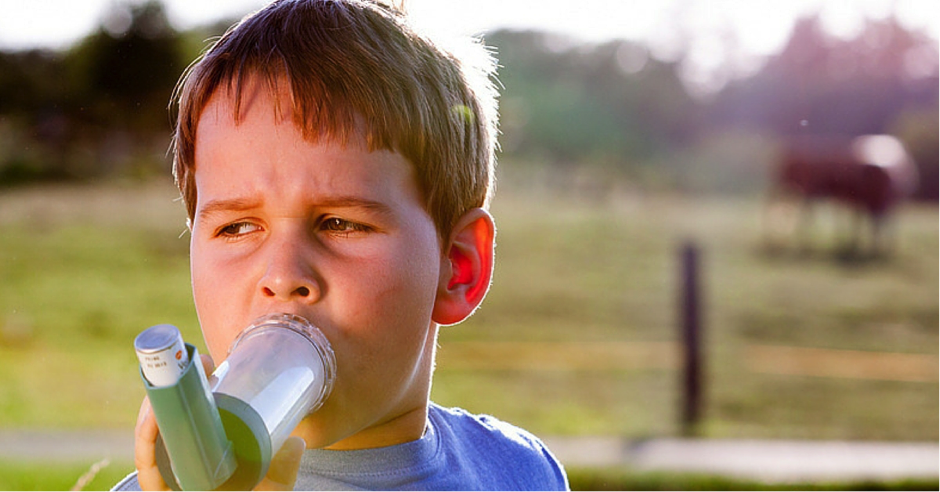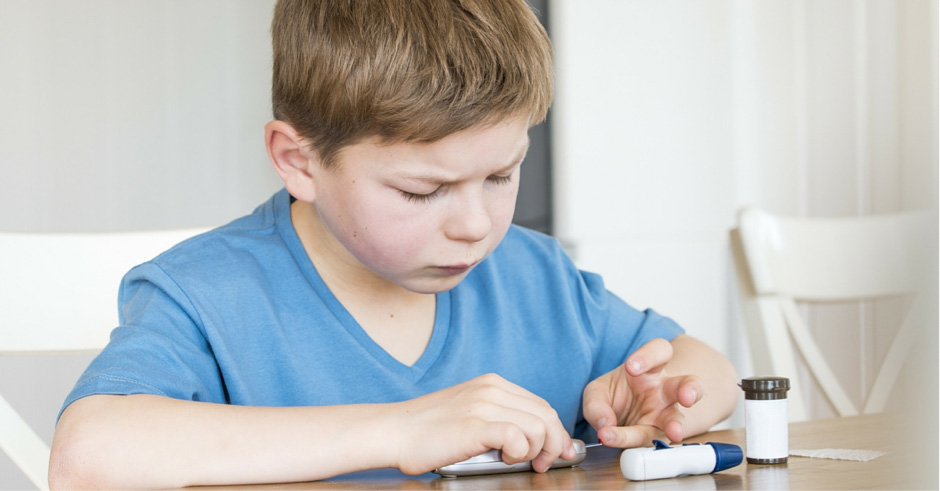The normal temperature range for children is usually up to 38°C. A fever is when the body’s temperature rises above this rate. A high fever does not always mean that your child has a serious illness – in fact, fever which is seen in common infections during childhood can actually be useful in helping the body’s immune system fight off infections.
It is important to point out that the way in which the body temperature is measured can also affect the reading. In children, a fever is generally accepted to be present if;
- The temperature taken from the armpit is higher than 37°C
- The temperature taken from the mouth is higher than 37.5°C
- The temperature taken from the ear or rectum is higher than 38°C
Causes Of Fever
When the immune system is activated – usually as a result of a viral or bacterial infection – the brain releases chemicals which cause the body temperature to increase. Recent research has found that an elevated body temperature can help certain types of immune cells to work better, meaning that your child’s body is working hard to fight off infections.
More importantly, a rise in body temperature is also a way to prevent infection from worsening. Many microbes which cause illness do best at regular body temperature; however, a fever can prevent some microbes from reproducing.
Vaccinations, severe sunburn, or autoimmune diseases such as rheumatoid arthritis can sometimes be the cause of a fever. Other factors can cause higher than normal temperatures, such as increased physical activity or even emotional stress.
If your child is younger than six months, they should be seen by a doctor as soon as they develop a fever. If your child is older, see a doctor if he or she;
- Seems very unwell
- Develops an earache
- Develops a stiff neck
- Develops a rash
- Has difficulty swallowing
- Has an increased breathing rate
- Is vomiting
- Appears dehydrated, passing less urine than normal or has a bulging fontanelle
- Appears very sleepy or drowsy
Treating A Fever
Often fever is the result of a viral or a bacterial infection. Viral infections are very common and do not usually require antibiotics, and only bacterial infections should be treated with antibiotics. A low-grade fever is usually not considered harmful, so most doctors will initially advise supportive measures such as drinking lots of water and bed rest instead of medical treatment.
If your child is uncomfortable, has difficulty sleeping, is vomiting or dehydrated, then the following advice may be useful;
- Administer paracetamol or ibuprofen as instructed on the medication according to your child’s body weight to help ease the ache of being sick.
- Minimise clothing and blankets. If your child is shaking and feeling cold, keep a blanket on until the shaking stops, then remove. Shaking is the body’s way of cooling down when overheated.
- Avoid hot water bottles and electric blankets. Keep room temperature comfortable.
- Offer plenty of fluids or electrolyte energy drinks.
If the fever lasts more than 48 hours or is accompanied by lethargy, inconsolable crying or symptoms of meningitis, see a doctor immediately.





